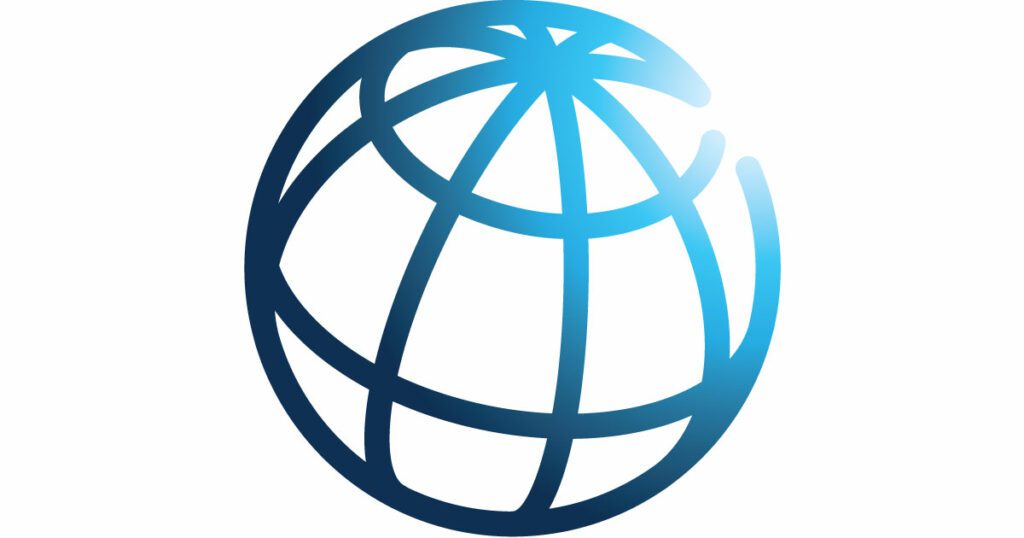The World Bank is helping Honduras to address the most pressing needs and development challenges in order to improve livelihoods and make an impact on people’s lives.
Disaster risk management (DRM): in November 2020, tropical storms Eta and Iota consecutively hit Honduras and other Central American countries, impacting more than 4.5 million Hondurans and resulting in the death of 95 persons and the evacuation of more than 1 million inhabitants. The World Bank has been supporting the Government’s emergency response and post disaster reconstruction efforts.To date, the Project financed the Government’s immediate emergency recovery actions, which benefited approximately 300,000 people (60,000 families). In addition, it has been supporting the resilient reconstruction efforts in critical infrastructure. The Project has delivered 37 schools that take into flood risk and incorporate universal access where possible (another 38 schools remain in various phases of execution); five water supply projects are currently being built, as well as one health center, and three bridges have been delivered with two more under execution.
Additionally, the Disaster Risk Management Project (PGRD, in Spanish), supported Honduras to strengthening its capacity for DRM at the municipal and national level and improve its capacity to respond promptly and effectively emergencies. Thanks to this project, 18 municipalities adopted DRM and emergency plans and 38 cities improved their livability, sustainability, and/or management because of the project interventions. Ultimately, the project benefitted 1.3 million people, out of which 52% were female.
Governance: the World Bank helped Honduras to update its poverty measurement methodology to include the latest international standards. This will allow for better targeting of social protection programs and the making of informed policy decisions. The National Statistics Institute has received support in terms of knowledge and capacity building to ensure the successful implementation of the project.
Rural development: the Rural Competitiveness Project (COMRURAL) has contributed significantly to increasing the productivity, competitiveness, and market linkages of 7,200 small rural producers of coffee, dairy, honey, and other products. More than 14,000 families have benefited from the project, of which more than 4,000 are headed by women and more than 5,000 belong to indigenous communities. For every USD 1 invested in COMRURAL, as part of a productive partnership, USD 1.5 have been mobilized from private financial institutions, which is equivalent to approximately USD 12.5 million. This has resulted in the increased financial inclusion and creditworthiness of small farmers. Since 2008, the project has successfully contributed to improving the competitiveness of agricultural value chains, resulting in a 57 percent increase in the gross sales volume of rural producers. COMRURAL-supported producers are responsible for producing almost 30 percent of the total specialty coffee exported by Honduras to the United States, Europe, and Asia.
Additionally, the project Improving the Livelihoods of Miskito indigenous peoples in the La Moskitia works with the local communities to build from their traditional practices of sustainable agriculture and fishing toward a more diversified and resilient local production system in the face of the multiple external shocks, the communities face, including climate change. To date, through this project, it has been possible to improve the livelihoods of more than 1,200 direct beneficiaries; of these, 66 percent are women.
Health: The Honduras COVID-19 Emergency Response Project supported the Government of Honduras to close critical gaps in the COVID-19 response, including the expansion of COVID-19 vaccination coverage, particularly through support to mobile campaigns to reach vulnerable and isolated populations. The project supported the Government in ensuring access to critical inputs, including personal protective equipment distributed to all 20 health regions and 32 hospitals based on prioritization and evolving needs. Over 640 pieces of medical and laboratory equipment were also procured and deployed across all 20 health regions. The project also supported strategies for digitalization to improve quality and utilization of vaccination data for decision-making.
Last Updated: Oct 07, 2024
Source link : http://www.bing.com/news/apiclick.aspx?ref=FexRss&aid=&tid=6714ff5ab21242dbb6375dd5c2316818&url=https%3A%2F%2Fwww.worldbank.org%2Fen%2Fcountry%2Fhonduras%2Foverview&c=10062759697473552398&mkt=en-us
Author :
Publish date : 2024-10-06 13:00:00
Copyright for syndicated content belongs to the linked Source.
